ITPG-GT 2040 – 001 (23548)
[Home | 02023 Syllabus | Ideas | Resources | Gallery]
Overview
Time is at once fundamental and mysterious. From the 2000-year-old Antikythera Mechanism to modern cesium-fountain clocks, humans have long sought to understand temporal patterns in nature, and build mechanisms to measure, reflect and predict those patterns. We’re at a unique moment, one in which we’ve developed the ability to perceive relativistic effects on time at the smallest scales, while struggling to think and plan across generations. In this course we’ll reflect on the deep mysteries of time while also gaining hands-on skills applicable to temporal media and technologies. Topics will range from historical clock and orrery design through modern computer architecture (“A computer is a clock with benefits” writes Paul Ford in Bloomberg’s issue dedicated to code). Practically, we’ll build mechanical and software clocks; experiment with time-series data and time protocols; and survey techniques for digital signal processing and software state transitions. Students will execute several production assignments throughout the semester.
Learning Objectives
- Contemplate the deep origins of human timekeeping
- Examine the connection between computers and clocks
- See examples of timekeeping technology and design through history and across cultures
- Increase proficiency with microcontrollers by studying low-level timing functions
- Learn coding techniques far managing system state over time
- Examine time-related sensors, peripherals, and software libraries
Weekly Syllabus
The 02023 ITP Fall Syllabus with 14-week schedule and assignments will be posted here.
The 02023 Low Res Time course syllabus was shared as a Google Doc. The resources here will be referenced in the class.
Ideas
The Ideas section contains essays, content modules, lists, etc. (in various states of polish), intended to collect a few of the many fascinating concepts attached to Time.
Resources
Resources contains an annotated bibliography and relevant media such as videos and podcasts. Look here for notes on software and hardware for the class.
Gallery
The Gallery archives some of the work of previous classes as well as inspiring work from other artists.
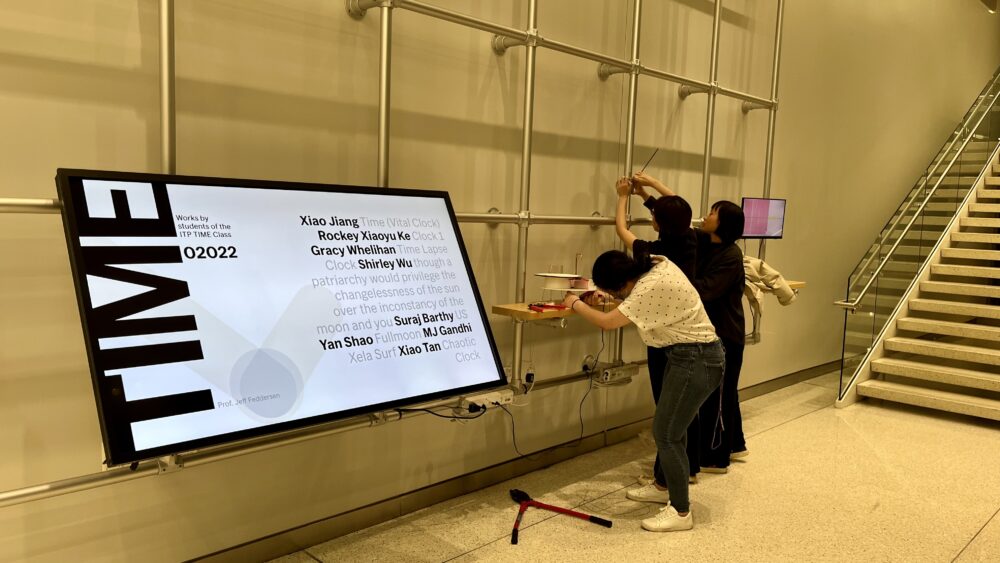
Past Sessions
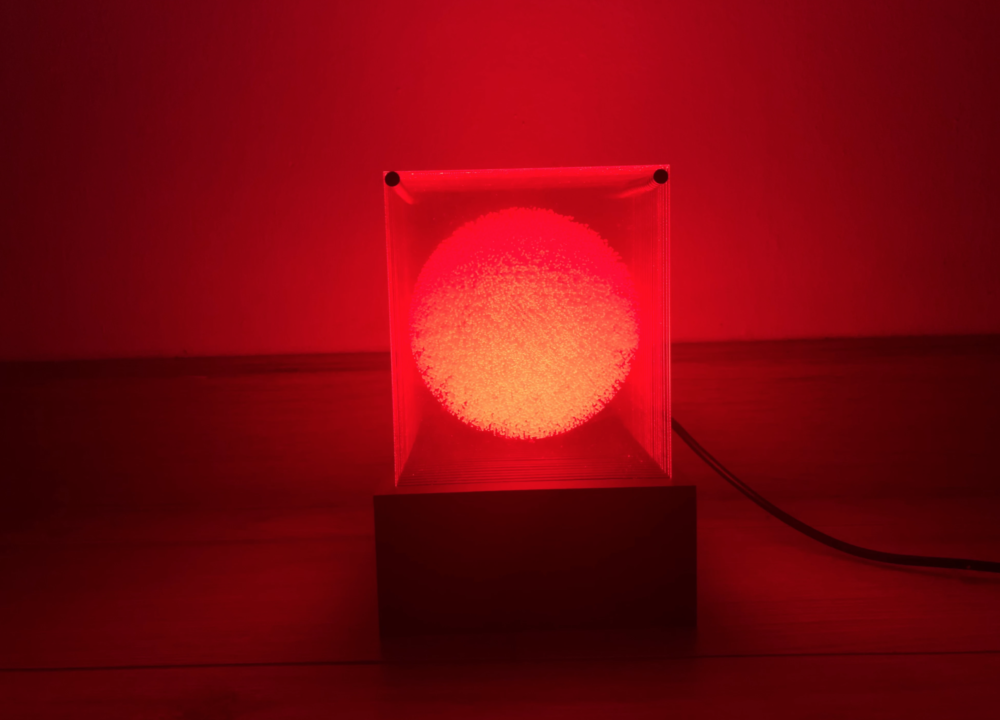
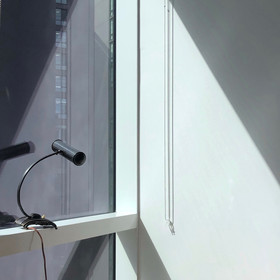
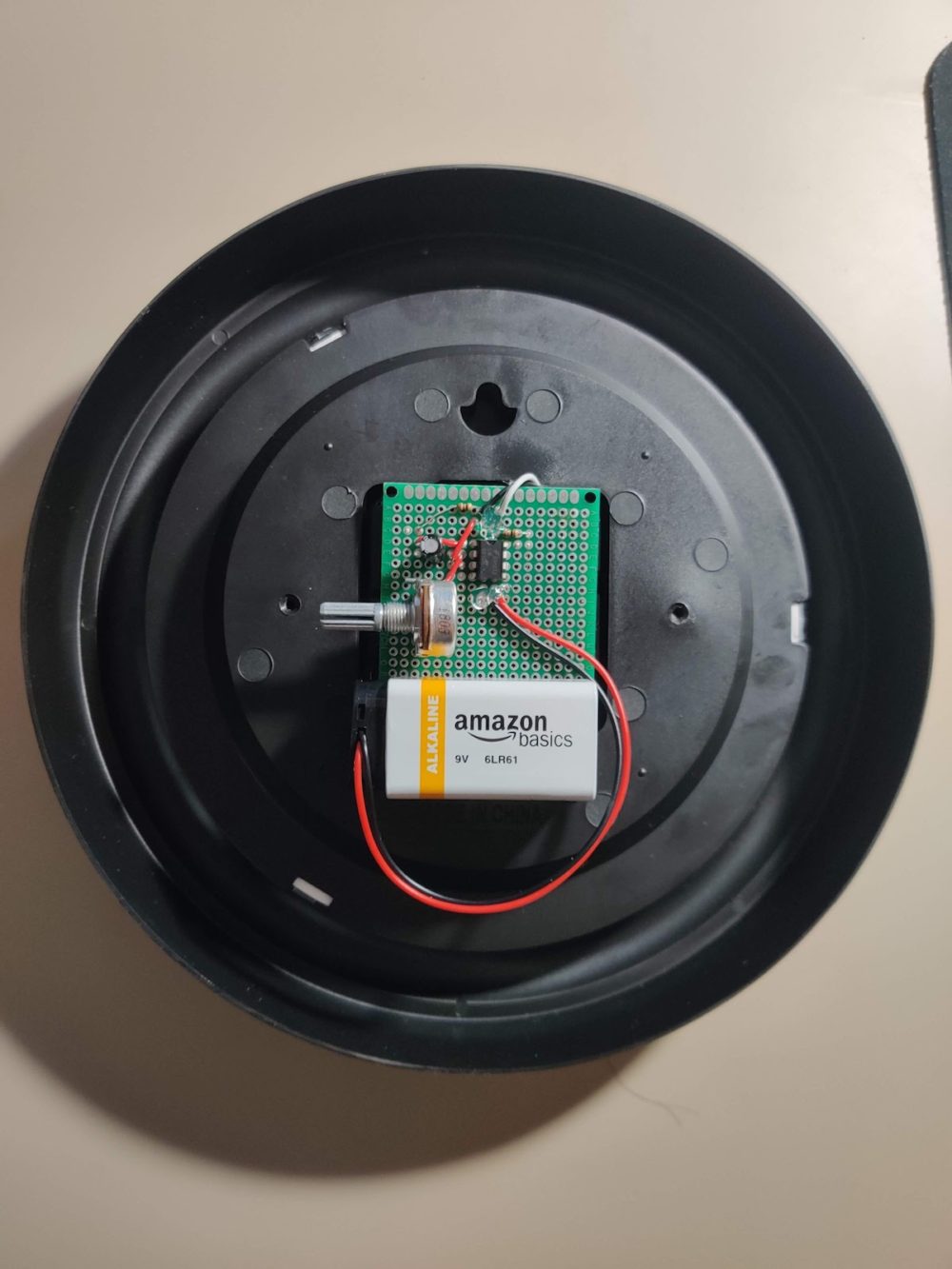
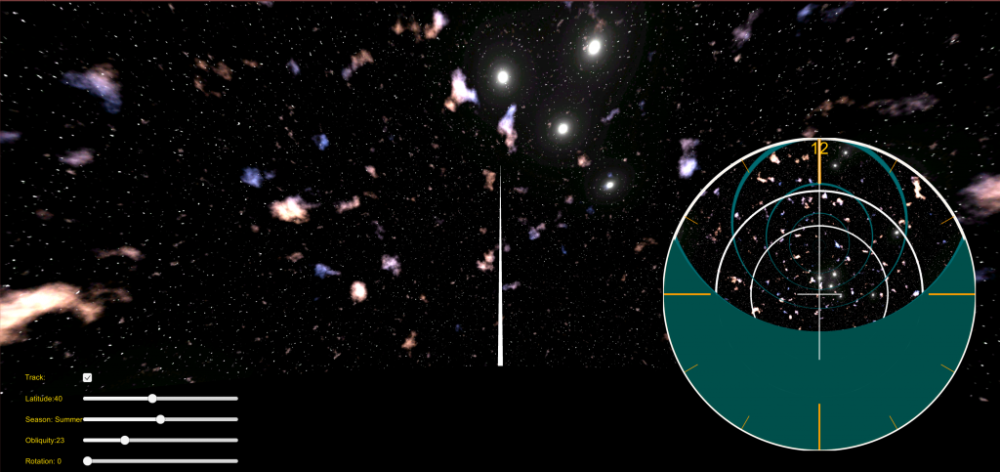
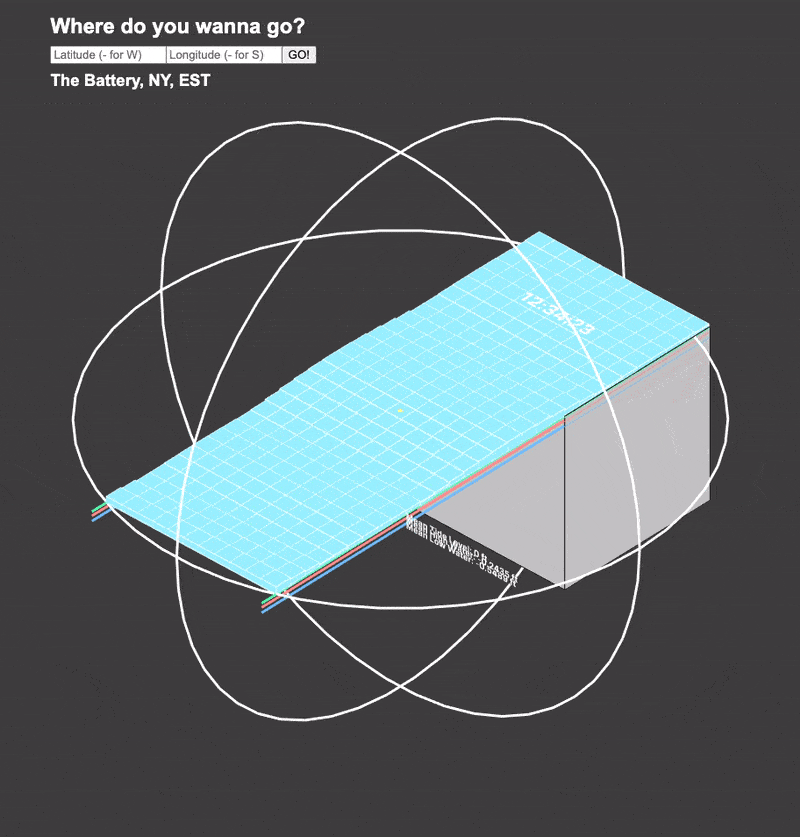
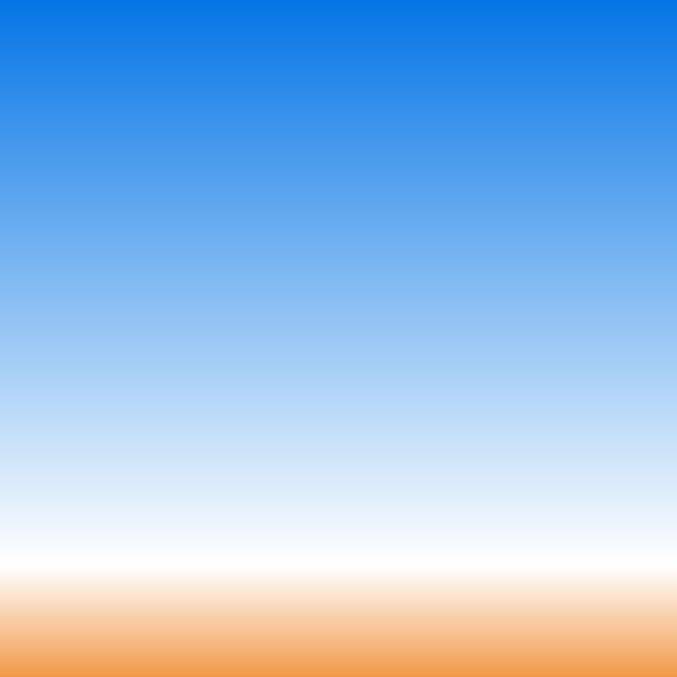
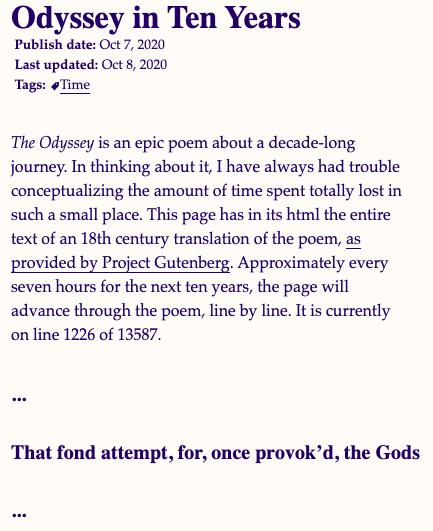
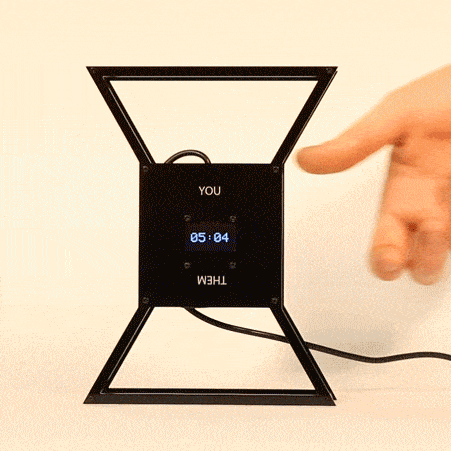
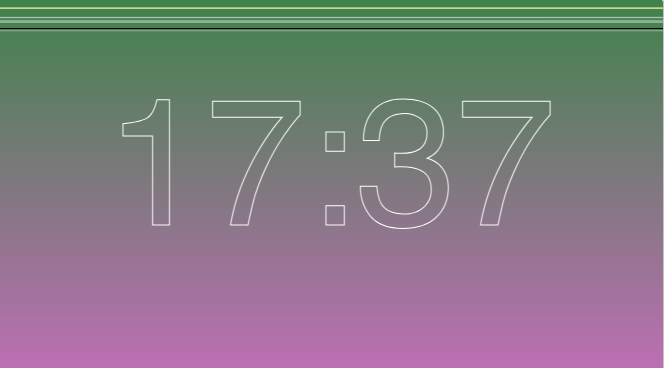
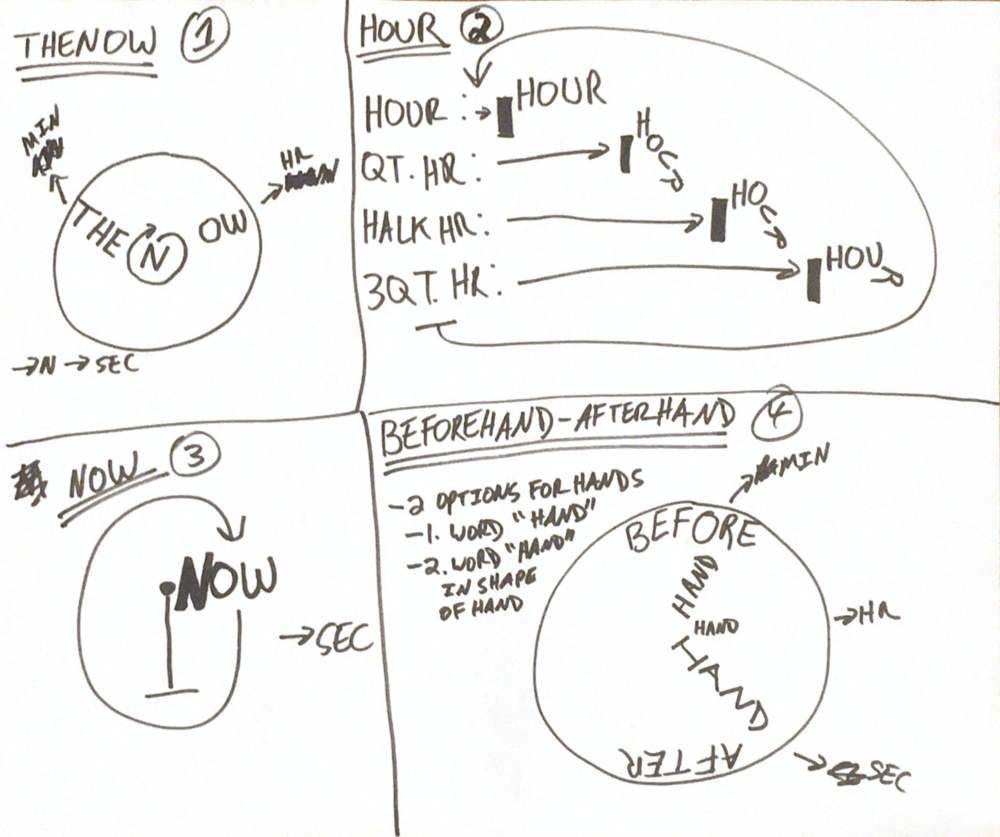
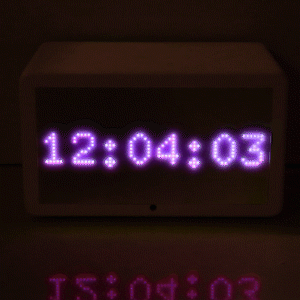
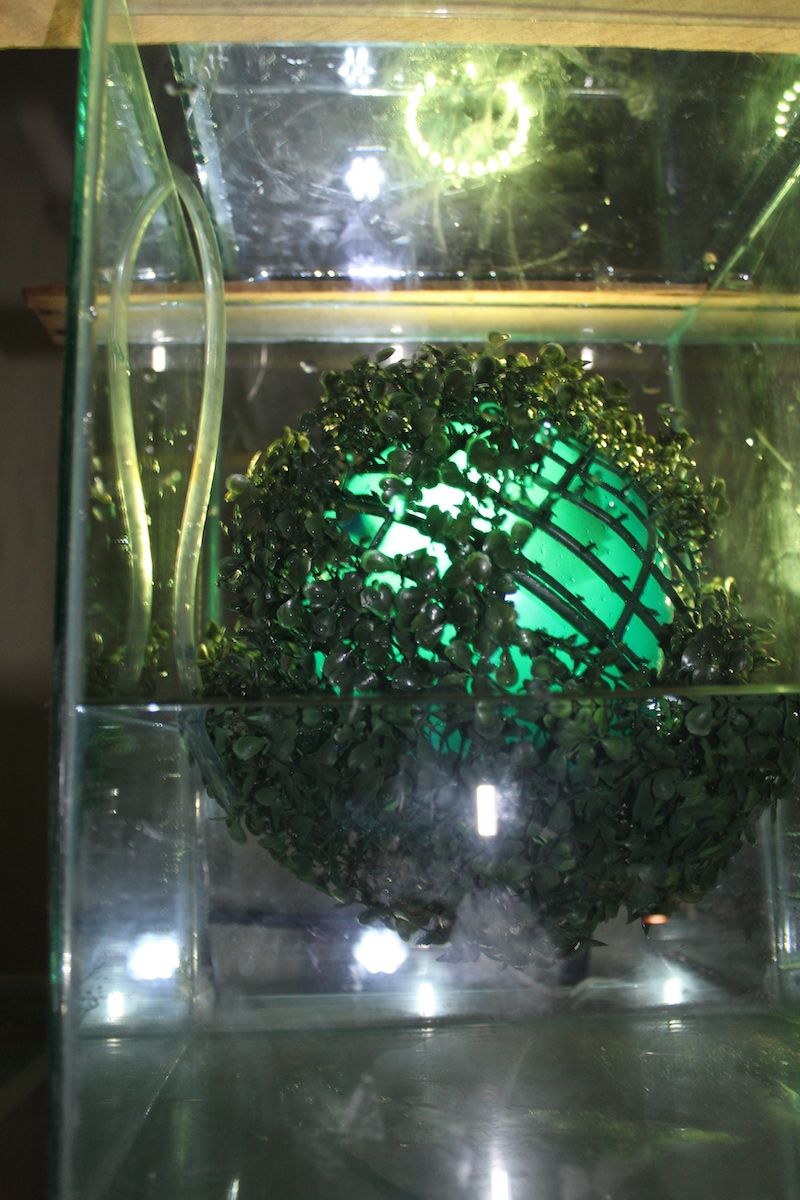
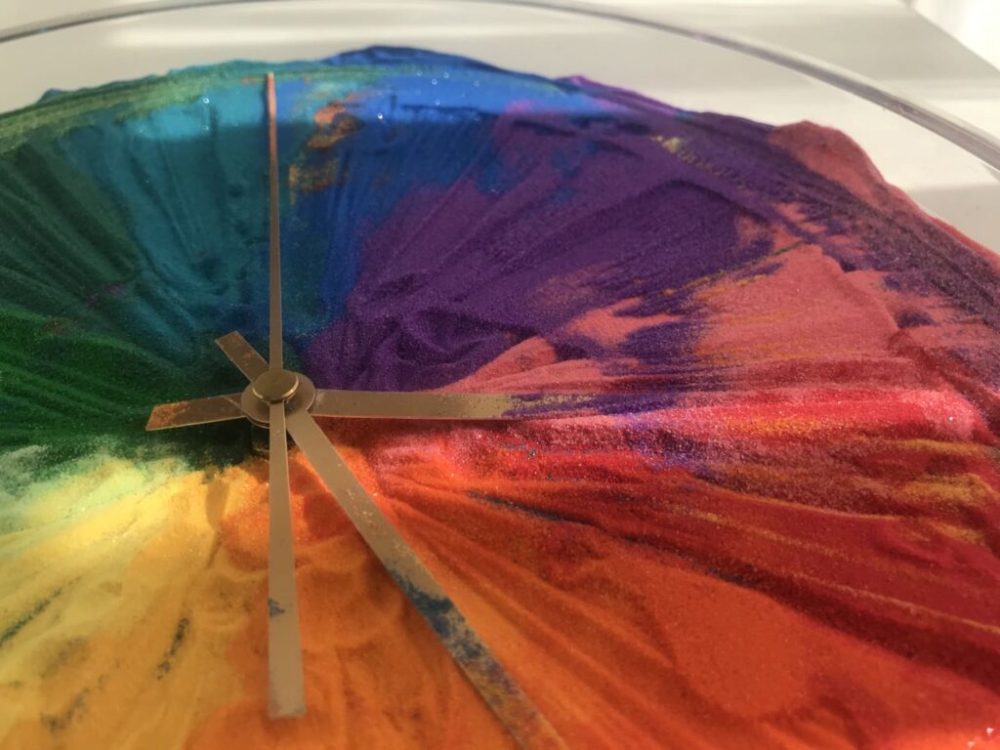
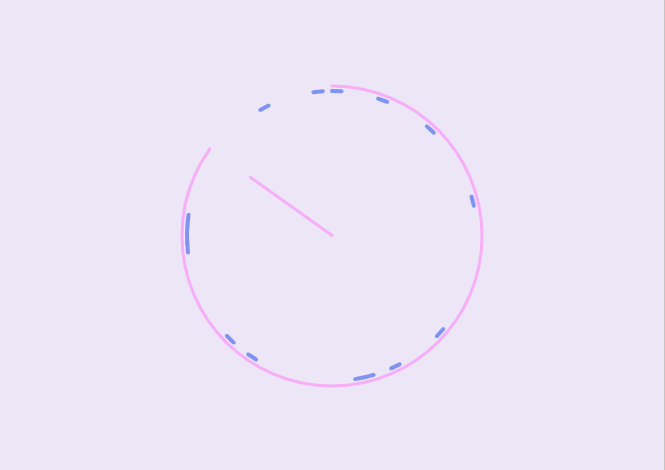
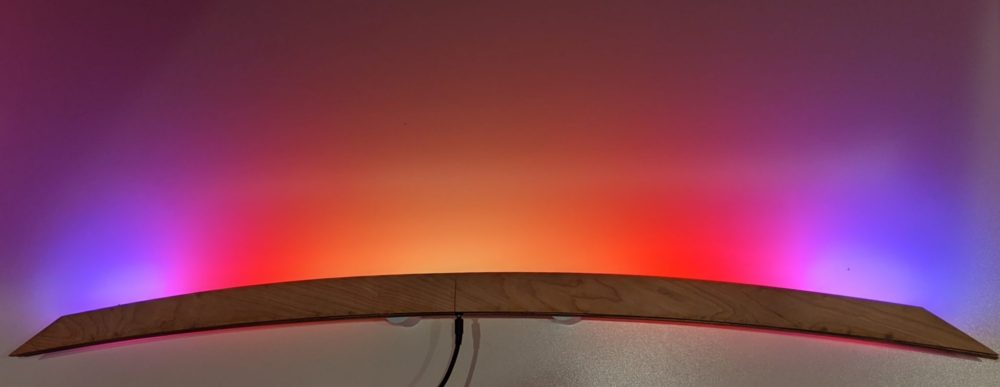
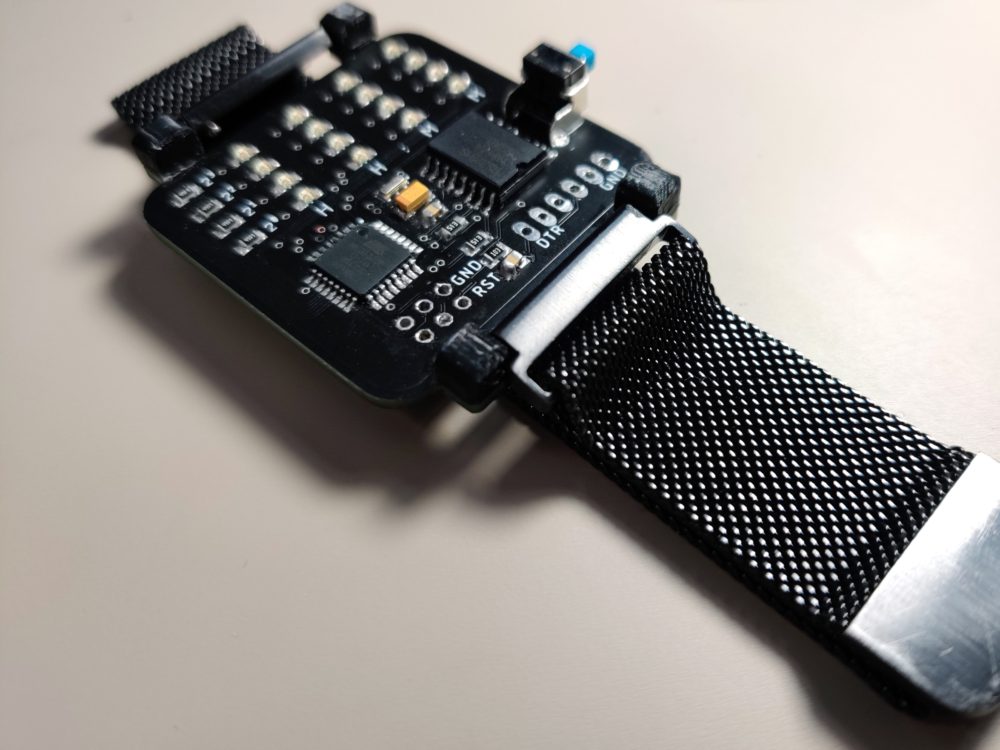
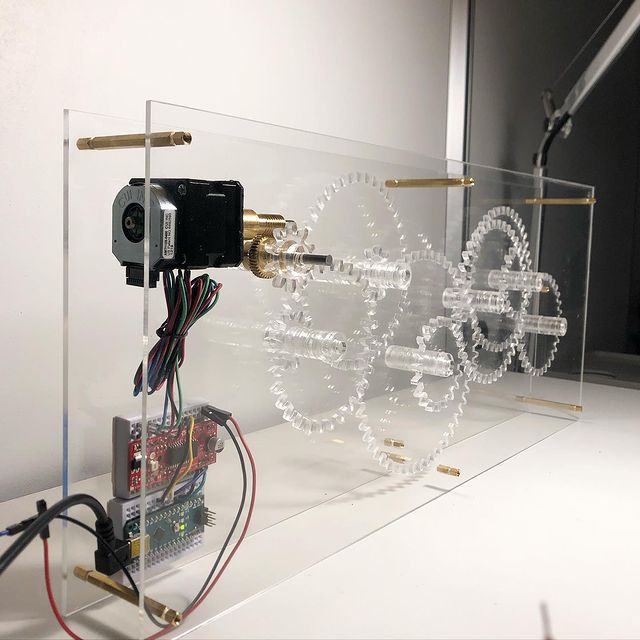
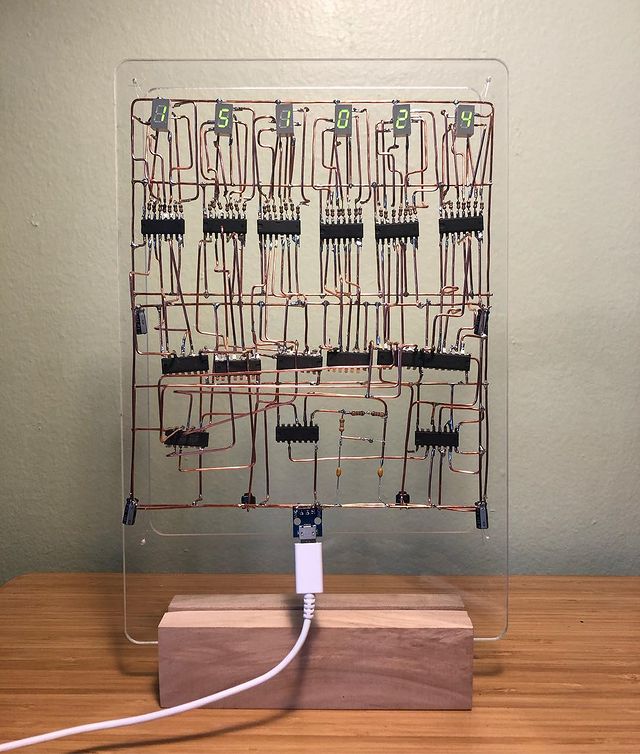
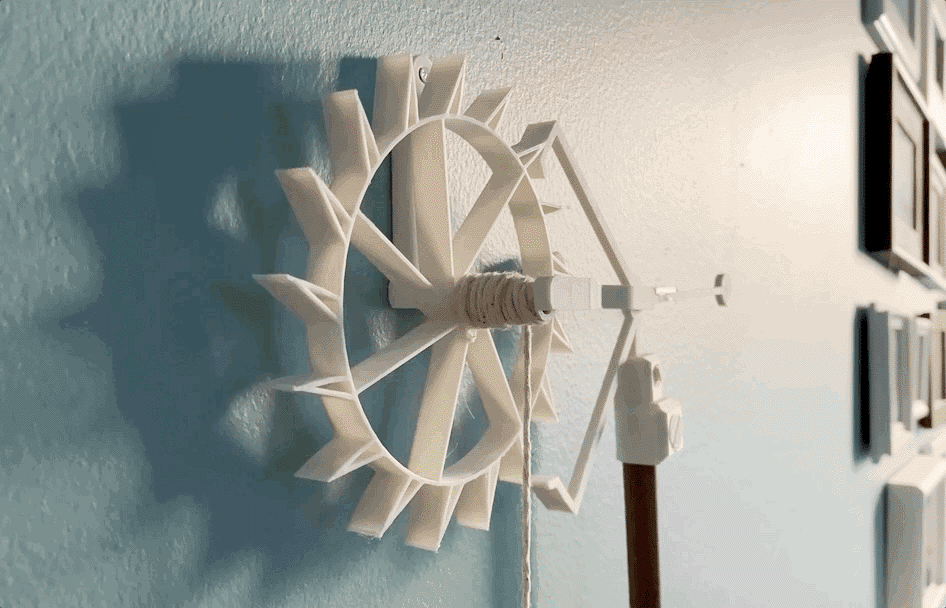
A sample from the “Ideas” section:
An Ancient Calculator
In 1901 an unremarkable hunk of corroded metal and rotted wood was recovered from a sunken shipwreck off the island of Antikythera, Greece. It had been on the ocean floor for nearly two thousand years, and it would remain largely unexamined until 70 years later, when advances in X-ray and gamma imaging would expose previously unimagined internal detail to the device now known as the Antikythera Mechanism. The images revealed complex clockwork, eventually understood, after much deduction, to be a kind of mechanical analog computer for tracking the passage of time. Hands indicated the position of the sun, moon and planets, as well as the moon’s phase, and a special section was dedicated to the schedule of the Olympic Games. Whatever fabrication techniques and mathematics the device embodied were lost to the ages – no known object approaching its intricacy would appear in the world for another 1000 years.
Read more in the Ideas section…

NYU Policy Statements
Statement of Academic Integrity
Plagiarism is presenting someone else’s work as though it were your own. More specifically, plagiarism is to present as your own: A sequence of words quoted without quotation marks from another writer or a paraphrased passage from another writer’s work or facts, ideas or images composed by someone else.
Statement of Principle
The core of the educational experience at the Tisch School of the Arts is the creation of original academic and artistic work by students for the critical review of faculty members. It is therefore of the utmost importance that students at all times provide their instructors with an accurate sense of their current abilities and knowledge in order to receive appropriate constructive criticism and advice. Any attempt to evade that essential, transparent transaction between instructor and student through plagiarism or cheating is educationally self-defeating and a grave violation of Tisch School of the Arts community standards. For all the details on plagiarism, please refer to page 10 of the Tisch School of the Arts, Policies and Procedures Handbook, which can be found online at: http://students.tisch.nyu.edu/page/home.html
Statement on Accessibility
Please feel free to make suggestions to your instructor about ways in which this class could become more accessible to you. Academic accommodations are available for students with documented disabilities. Please contact the Moses Center for Students with Disabilities at 212 998-4980 for further information.STATEMENT ON COUNSELING AND WELLNESS (*Required*)Your health and safety are a priority at NYU. If you experience any health or mental health issues during this course, we encourage you to utilize the support services of the 24/7 NYU Wellness Exchange 212-443-9999. Also, all students who may require an academic accommodation due to a qualified disability, physical or mental, please register with the Moses Center 212-998-4980. Please let your instructor know if you need help connecting to these resources.
Statement on the use of Electronic Devices
Laptops will be an essential part of the course and may be used in class during workshops and for taking notes in lecture. Laptops cannot be closed during class discussions held remotely. Phone use in class is prohibited unless directly related to a presentation of your own work, if you are asked to do so as part of the curriculum, or if that’s how you are connecting remotely.
Statement on Title IX
Tisch School of the Arts to dedicated to providing its students with a learning environment that is rigorous, respectful, supportive and nurturing so that they can engage in the free exchange of ideas and commit themselves fully to the study of their discipline. To that end Tisch is committed to enforcing University policies prohibiting all forms of sexual misconduct as well as discrimination on the basis of sex and gender. Detailed information regarding these policies and the resources that are available to students through the Title IX office can be found by using the following link: Title IX at NYU.